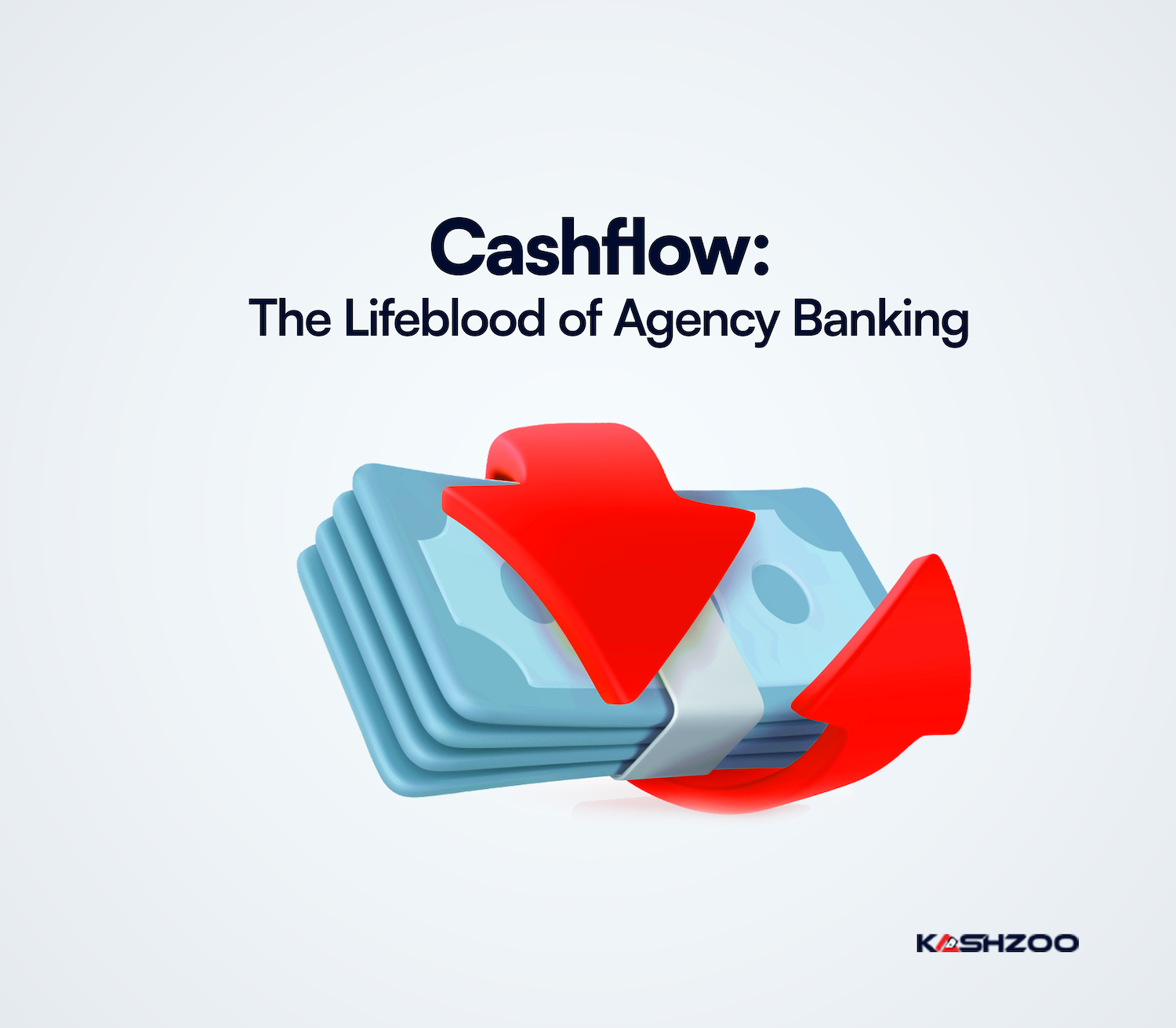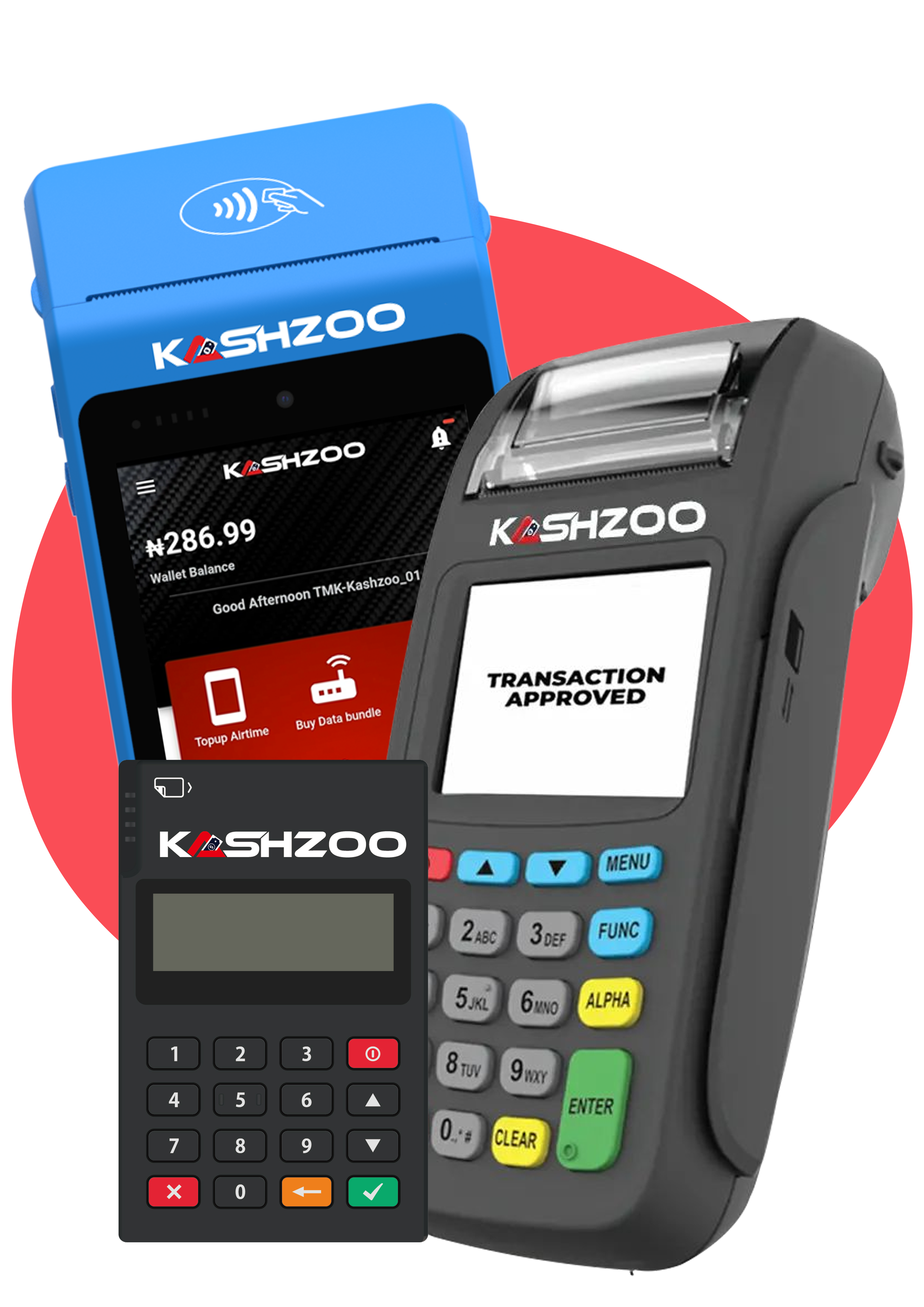Agency banking emerged as a vital solution for financial inclusion, bringing banking services closer to underbanked and rural communities. However, the smooth operation of these services lies on a single fundamental element: cash flow. Cash flow facilitates every aspect of agency banking, from ensuring that agents have enough liquidity to service their clients to covering operational costs and expanding reach. With steady and healthy cash flow, agency banking operations could quickly recover and, affect countless communities that rely on their services.
Today’s post explores the importance of cash flow in agency banking, digs into potential challenges, and outlines strategies for maintaining a healthy financial flow in this essential service.
Why Cash Flow is Critical to Agency Banking Operations
Agency banking relies on agents equipped to handle both cash and digital transactions for customers. Cash flow allows these agents to meet daily demands, whether cash deposits, withdrawals, or bill payments. Below are a few reasons why cash flow is important in agency banking;
- Liquidity Management: Agents must maintain enough cash reserves to serve customer withdrawal requests. Without adequate cash on hand, agents may fail to fulfill their roles, which can frustrate customers and drive them away from agency services.
- Service Expansion and Reach: Expanding agency banking services to underserved areas requires a steady cash flow. Agents need sufficient financial resources for marketing, agent training, and technology infrastructure to extend services into new regions.
- Operational Sustainability: Agency banking also incurs operational costs, including staff salaries, utilities, and technology maintenance. Regular cash flow is essential for covering these expenses and ensuring that agency banking points remain functional and reliable.
- Customer Trust and Retention: A positive experience with consistent service availability builds trust with customers. Reliable cash flow allows agents to provide seamless transactions, and that helps retain customers.
Challenges to Cash Flow in Agency Banking
Despite its importance, cash flow in agency banking can face a range of challenges:
- Unpredictable Demand for Cash Withdrawals: Sudden surges in cash demand, particularly in rural areas around paydays or market days, can make an agent cash-strapped and cause service interruptions.
- High Operational Costs: Operating in remote or underserved areas often involves additional costs, such as transportation of cash and technology maintenance. These expenses can eat into cash reserves if not well-managed.
- Risk of Fraud: The risk of fraud, both internal and external, can also impact cash flow. From fake currency and robbery attacks to cyber threats to digital transactions, fraud risks drain financial resources that could otherwise be used to support operations.
- Inadequate Cash Supply from Banks: In some cases, agents may face delays or restrictions on cash supplies from banks, which can lead to cash shortages at critical moments.
- Economic Instability: Inflation, fluctuating currency values, and regional economic challenges can also affect cash flow. This challenge reduces the purchasing power of funds and inflates operational expenses.
Strategies for Maintaining a Healthy Cash Flow in Agency Banking
Maintaining healthy cash flow is essential for the long-term success of agency banking. Here are some strategies to achieve this;
- Cash Flow Forecasting and Planning: Agency banks can benefit from tools that predict cash flow needs based on past transaction data and expected demand. Agents can plan and minimise the risk of cash shortages and ensure funds are readily available.
- Diversifying Revenue Streams: Expanding services beyond deposits and withdrawals, such as offering bill payments, remittance services, and microloans, can diversify income sources, provide additional cash inflow, and reduce dependency on transaction fees alone.
- Building Strong Bank Relationships: Establishing strong, reliable partnerships with banks ensures agents have a steady supply of cash. Clear communication channels and agreed-upon service-level agreements help streamline cash delivery and reduce delays.
- Enhancing Fraud Prevention Mechanisms: Agents should invest in fraud prevention measures like transaction monitoring, customer verification, and secure technology that can protect cash flow from potential losses due to fraud.
- Efficient Expense Management: Agency banking operations should carefully track operational expenses and eliminate inefficiencies. This includes optimising cash transportation costs, reducing energy expenses, and wisely managing digital infrastructure investments.
- Utilising Digital Platforms for Cash Flow Monitoring: Digital solutions for cash flow monitoring provide real-time insights into cash availability. The tool will help agents and managers respond quickly to fluctuations in demand and supply. This proactive management can reduce the risk of shortages and ensure agents are always prepared.
Our Take
Cash flow truly is the lifeblood of agency banking. Its role in facilitating transactions, maintaining service continuity, and supporting expansion makes it indispensable. Yet, agency banking faces unique challenges, from unpredictable cash demands to operational costs and fraud risks. Hence, agents should adopt the strategies above to maintain a healthy cash flow. A healthy cash flow benefits consumers, agents, and banks.




What do you think?
It is nice to know your opinion. Leave a comment.